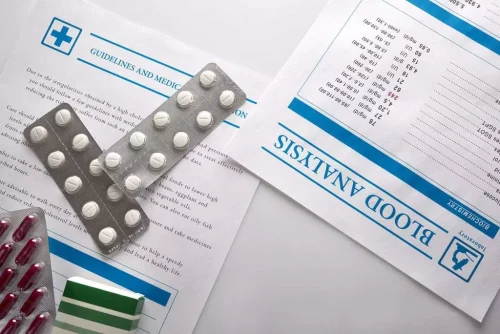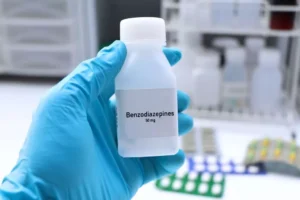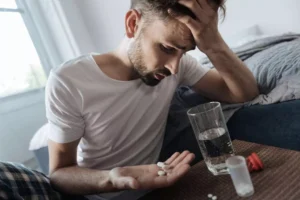
In the 1980s and 1990s, a wave of recovered memory cases swept through the United States, with individuals claiming to have recovered memories of childhood abuse during therapy. Many of these cases resulted in criminal charges and torn-apart families. However, subsequent investigations revealed that some of these recovered memories were likely false, leading to retractions and ptsd blackouts overturned convictions. Research has demonstrated that it is possible to implant false memories in individuals through suggestion, leading questions, or exposure to misinformation. This malleability of memory raises serious concerns about the validity of recovered memories in therapeutic settings, particularly when aggressive memory recovery techniques are employed.
- This results in persistently elevated inflammation, which can lead to brain fog.
- PTSD blackouts can manifest in various forms, each with its own unique characteristics and implications for the individual experiencing them.
- However, it is essential to distinguish between repressed memories and dissociative amnesia, another trauma-related memory phenomenon.
- Support from others also may prevent you from turning to unhealthy coping methods, such as misusing alcohol or drugs.
The link between PTSD and brain fog
Health care providers do not know why traumatic events cause Sober living house PTSD in some people, but not in others. Past emotional trauma may increase your risk of PTSD after a recent traumatic event. CBT without in-session exposure has shown effectiveness in some but not all studies. Sijbrandij et al. (2007) compared CBT to waitlist control subjects with acute PTSD and found that CBT accelerated recovery, but makes no long-term difference 40. Shalev et al. (2012), found that cognitive therapy fared as well as prolonged exposure 9 months 41• after trauma exposure. However, neither intervention separated from non-intervention at 3 years 42.
Research Conducted at NIMH (Intramural Research Program)

Trust is very important to effectively treating and managing the effects of dissociative amnesia. But it’s important to remember that this is common, and many people need to see more than one professional before they find someone who’s a good “fit” for their needs and personality. Post-traumatic stress disorder (PTSD) can arise after you experience a traumatic event. There are many symptoms, including nightmares, flashbacks, and panic attacks, which can occur spontaneously or when something reminds you of the trauma. You may have more PTSD symptoms when you’re generally stressed or when you come across reminders of what you went through, including the same time of year when a past traumatic event happened.
Traumatic events that raise risk

Problems in this area lead to frequent outbursts of extreme emotions, including anger and rage. Anger helps us cope with life’s stresses by giving us energy to keep going in the face of danger or trouble. One 2017 pilot study suggests that art therapy eased symptoms of PTSD due to multiple or prolonged trauma, such as people who’d experienced early childhood trauma and refugees from different cultures. While there’s no way to prevent a traumatic event from occurring, there are ways to manage any symptoms that arise in the aftermath of a trauma. A primary care physician or healthcare professional will likely refer you to a specialist for further evaluation if needed. Only a mental health specialist — such as a psychologist, psychiatrist, or clinical social worker — can accurately diagnose PTSD.
Learn Grounding Techniques
Effective psychotherapies often emphasize a few key components, including learning skills to help identify triggers and manage symptoms. Explore key milestones, discoveries, and the impact of NIMH-funded studies on mental health. Learn about NIMH priority areas for research and funding that have the potential to improve mental health care over the short, medium, and long term. Therapy has many forms, and there are multiple types of approaches ― such as cognitive behavioral therapy (CBT) and prolonged exposure therapy ― that have been shown to be effective in managing PTSD.
Emotional Blackouts

I jokingly call it my brain taking a vacation without me. This can be lethal if they occur while driving. Being aware that you have them is extremely vital to coping with PTSD. Some people are so frightened by these mental blackouts that the use of drugs or alcohol may be used to cover it up. From observing others it is easier to blame drugs or alcohol than to admit that their brain just quits processing living. Time blackouts are a separate category, similar to mental blackouts but not noticeable until a couple of days pass. Most people experience the sensation of being so involved with a project they don’t realize how much time has passed.
- Service delivery is difficult when hostilities continue (e.g., during wars, mass relocation, protracted abuse).
- The best way to combat this is to learn how to prevent PTSD blackouts.
- Studies have documented barriers to seeking help among symptomatic survivors.
- It’s like a library inside your mind where every book is a memory of an event from your life.
